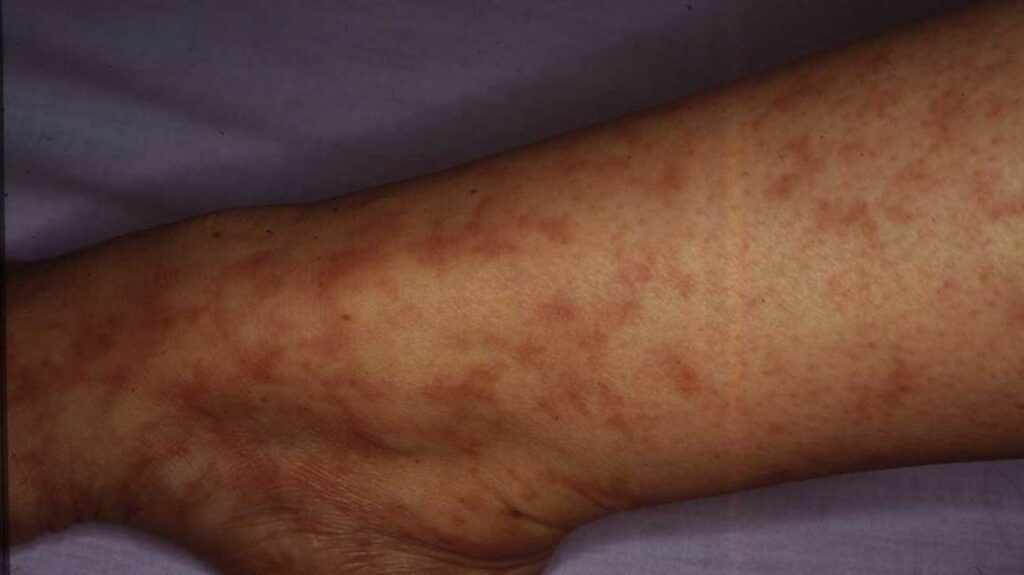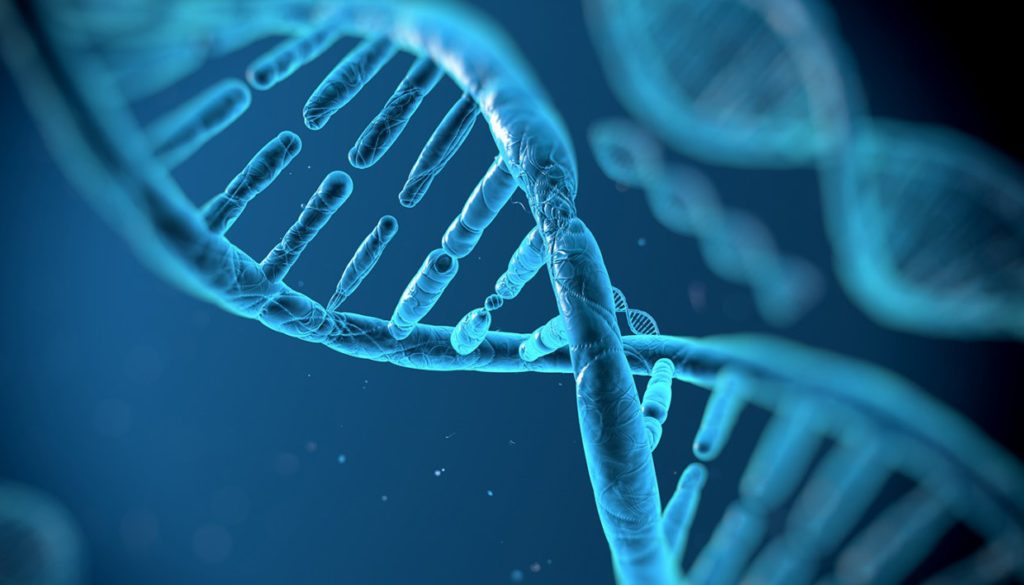In my previous, I explained about the effects of Fucoidan and chemotherapy. This time, I will discuss if Fucoidan can be taken during radiation therapy.
As you have already known, Fucoidan is a natural ingredient. It is just like any other food ingredient, and you can consume Fucoidan without any side effects. However, Fucoidan is a water-soluble fiber; that is why a few people may be prone to soft bowel-movement.
When you are under-going radiation therapy during cancer treatment, you might have side effects of radiation therapy. Side effects of radiation therapy can occur during or immediately after radiation therapy (acute phase). It may also affect after six months to several years after the completion (late period). The side effects of radiation therapy can be systemic or local to the area being treated.
Acute side effects: Side effects that may occur during or shortly after radiation therapy (acute phase) include general fatigue, fatigue, anorexia, anemia, and increased susceptibility to infection and bleeding. Topically, you would notice changes in or on the skin of the irradiated area, as well as various side effects depending on the area.

Late side effects: The frequency of late side effects can be estimated based on the radiation dose and the size of the irradiated area. Careful planning and treatment at a problem-free level will result in severe late side effects in a very few people, such as the occurrence of secondary cancer. It is important to know that radiation not only has the power to cure cancer but also can create cancer. The probability of developing cancer from the area that has been irradiated is said to be higher than when it is not irradiated. Still, it is a little chance to create secondary cancer. However, it cannot be guaranteed that side effects will never occur due to individual differences. After the treatment, doctors continued to see the situation with regular examinations.
According to “Protective effects of fucoidan against γradiation-induced damage of blood cells” by Ki Hyeong Rhee et al., the subjects used Fucoidan at 100 mg/kg. They were found to protect against changes in the counts of blood cells as follows: On day 28 after irradiation. The blood cells count in the irradiated controls decreased to 45% compared with the non-irradiated controls, while that in the fucoidan-treated group was 60%. The hematocrit in the fucoidan-treated group recovered to 75% on day 28, while that in the irradiated control was 68%. Irradiated control red blood cell counts consistently ranged from 64% to 67% throughout the experiment, while fucoidan-treated red blood cell counts gradually increased from 75% to 80%. The mean number of survival days and 50-day actuarial survival rate increased dose-dependently in the fucoidan-treated group.
Another research was “Radioprotective effects of Fucoidan on bone marrow cells: improvement of the cell survival and immunoreactivity” by Yun-Young Byonet, et al. They investigated the radioprotective effects of Fucoidan on bone marrow cells (BMCs), which are the primary cellular reservoir for the hematopoietic and immune system. Fucoidan significantly increased the viability of BMCs. Irradiation decreased mitochondrial potential. However, this was recovered by fucoidan treatment. As the investigation continued further on the functional role of Fucoidan, they found the expression levels of apoptosis-related molecules in BMCs. The expression levels of Bcl-2, Bax, and cIAP-1 were increased in fucoidan-treated BMCs.
In this article’s conclusion obtained from the research, Fucoidan certainly has radioprotective effects on blood cells, bone marrow, and recovery damage on mitochondria. Hence, I would sincerely recommend taking Fucoidan during cancer treatment.
